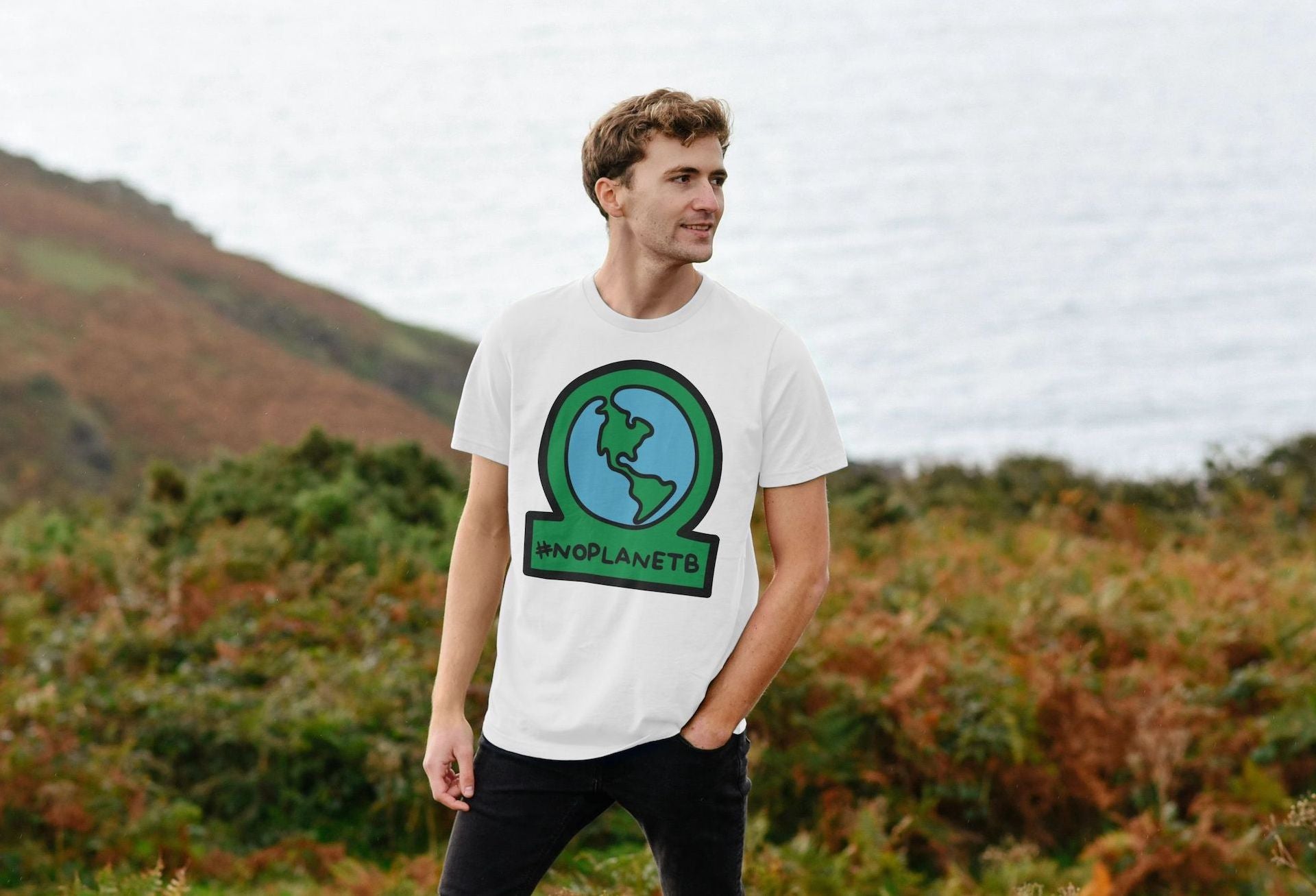In the UK, there is a great deal of optimism when it comes to sustainability. A change in government has heralded a more sympathetic view of acting against climate change. For starters, the Labour government has reversed the ban on onshore wind and is expected to ban further North Sea drilling licences. This marks a sea change from the previous Conservative government where one of the more memorable phrases was to cut the “green crap”.
Yet, awareness of climate change is not a novel development. In the UK, there is a long history of fashion brands prizing sustainability, whether that’s focused on organic fabrics or recycled clothing. These brands did not wait for policy changes to get started. They saw a need and have sought to address it.
Finisterre
Started in 2003 in St. Agnes, Finisterre’s first product was an innovative fleece to meet the needs of hardy surfers facing North Atlantic gales. In fact, Finisterre means end of the earth or land’s end, which is rather evocative if you’ve been to Land’s End.
A key part of Finisterre’s way of working is circular sourcing, including renewable and recyclable textiles, as well as natural fibres and finishes. Ethical Consumer recently found that Finisterre uses no PFAS (more commonly known as “forever chemicals”) in its products, which means it gets a few extra marks.
People Tree
Now strictly speaking, People Tree was set up in 1991 in Tokyo but it was set up by a Brit, Safia Minney, and so we’re inclined to include it on our list. Especially as the company had a strong London presence for many years, starting back in the year 2000.
People Tree is a Fair Trade company that sells GOTS certified organic cotton clothing. It also sells clothing made from responsibly sourced wool.
Komodo
With a name like Komodo, you would be forgiven for thinking that this is a brand from South East Asia. While encountering a Komodo dragon on a trip to Bali by the founder, Mark Bloom (AKA Joe Komodo) accounts for the name as well as the initial sourcing of fabrics, the brand is in fact more closely aligned with British counterculture. From acid house and the raves of the 1990s (the brand was set up in 1988) to Glastonbury, the brand has moved with the times. From its early success with upcycling through to its current focus on sourcing cleaner fabrics, there is an insistence on looking good - but sustainably.
Lucy & Yak
The somewhat memorable name comes from the founder, Lucy, and the name of the van, Yak, that she bought with her husband, Chris. The brand started selling back in 2017 with just 30 pairs of dungarees on Depop. Since then it has gone from strength to strength; from launching their own e-commerce site to opening multiple stores in the real world.
The brand continues to focus on circularity by repairing old clothes as well as sourcing organic and recycled fabrics.
E.L.V. Denim
E.L.V. Denim is a luxury brand dedicated to selling fashion pieces from 100% upcycled materials. Each piece is unique with the fabric sourced from pre-loved garments before being transformed by hand. The signature item is a contrast colour denim mid-seam jeans with the collection including shirts, dresses, and accessories.
Beaumont Organic
Beaumont Organic is a womenswear brand adding a contemporary twist to classic styles. Fabrics used include GOTS certified organic cotton, alongside other sustainable and eco-fabrics such as linen, lyocell, Tencel, and non-mulesed wool.
The brand also has a repair and resale scheme. Not only that but the brand runs various workshops such as a series on social mending to allow attendees to learn how to rework an unloved item of clothing.
Mother of Pearl
Since 2018, Mother of Pearl has been placing people and planet at the forefront of the brand’s choices after a change in direction. Creative Director Amy Powney has become an advocate for sustainability in a bid to make Mother of Pearl one of the UK’s best sustainable fashion brands. It’s a compelling story and a reminder to all of us that every passing moment is a chance to turn it all around.
Pantee
Pantee uses organic cotton, deadstock fabrics, and recycled materials to make clothing, underwear, and socks. While there is the use of elastane in its products, Pantee emphasises that transparency is at the heart of everything they do. It’s no surprise that they are rated as a “Good” brand by Good On You.
Raeburn
Christopher Raeburn’s eponymous brand focuses on reworking surplus fabrics and garments to create distinctive and functional pieces. For example, his first collection was based on de-commissioned military stock.
Another key part of the brand’s strategy has been to engage in collaborative projects which has seen it work with the likes of Timberland, Vans, The North Face, Finisterre, Palladium, and more recently Mercedes AMG-F1 and Puma.
Pomp
While we’re younger than the brands above, we’ve got access to some funky tech. We use renewable energy to make clothing sustainably and we are genuinely circular. We sell certified organic cotton clothing which you can return to us for it to be recycled into new clothing.

Conclusion
The history of sustainable fashion shows us how fashion has been charting its course to sustainability. Where some may have seen challenges, others have recognised the opportunity and innovated. Consequently, there is a lot of product diversity within this group of the best UK sustainable fashion brands. From sustainable essentials at Pomp and Pantee through to adventure at Finisterre, prints at Lucy & Yak and everything else in between and beyond. Have a look: you’re bound to find something that sparks that joy within you!




